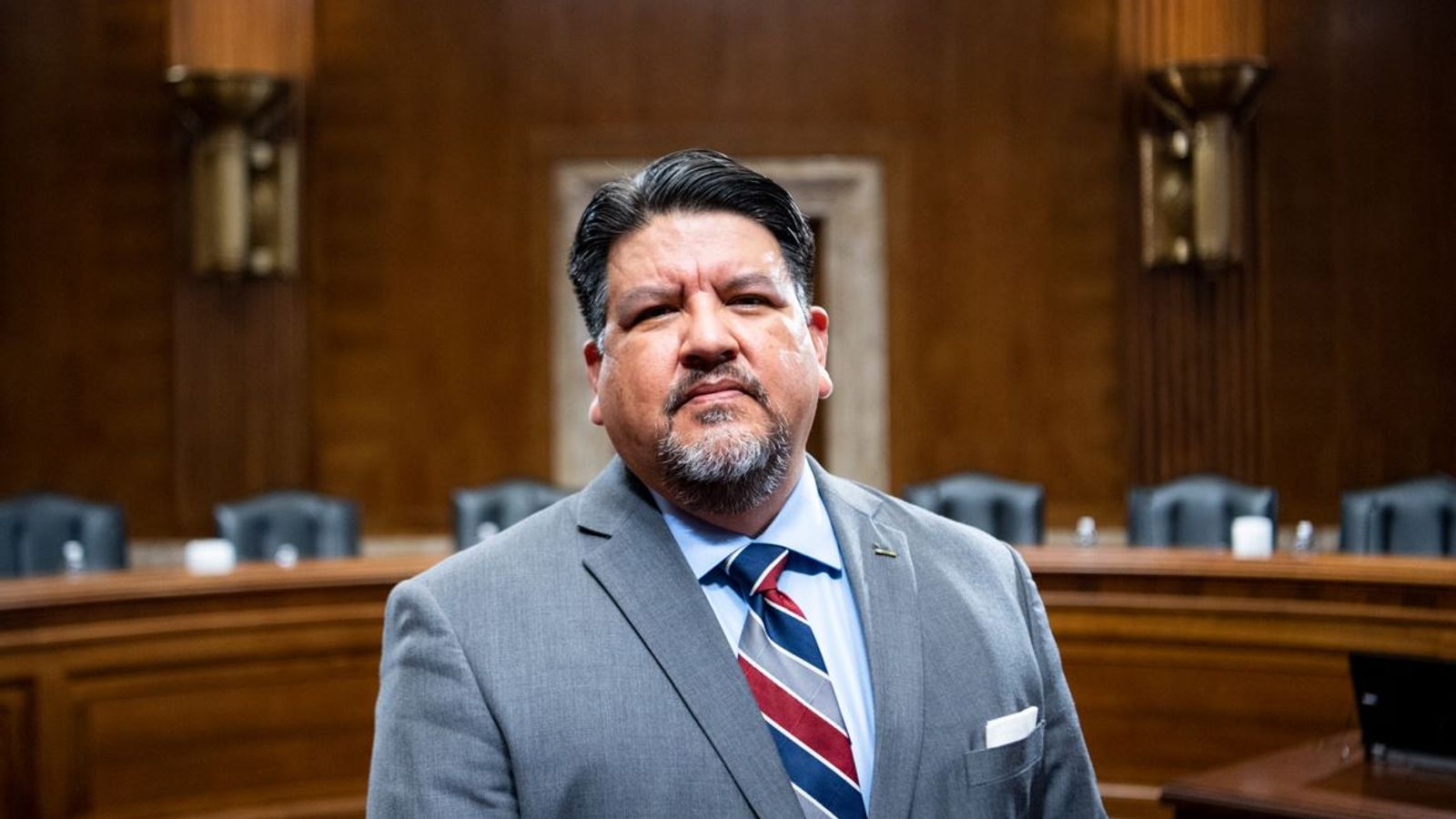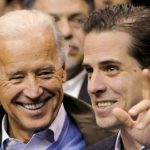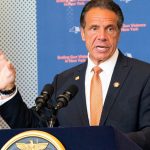A Native American has been appointed for the first time to head the US National Park Service, which oversees more than 131,000 square miles of land, including the Grand Canyon.
The nomination of Charles “Chuck” Sams III as director was approved unanimously by the US Senate.
Some conservationists have hailed his confirmation as a commitment to equitable partnership with the original stewards of the land.
Mr Sams, a US Navy veteran, said: “I am deeply honoured.
“I am also very deeply appreciative of the support, guidance and counsel of my tribal elders and friends throughout my professional career.”
The National Park Service is responsible for parks, monuments, battlefields and other landmarks across the US, including Yosemite National Park.
It employs about 20,000 people in permanent, temporary and seasonal jobs.
Kyle Rittenhouse: Liberal against conservative, American against American – the trial is a troubling snapshot of America’s divided states
Jordan Turpin’s escape from ‘house of horror’ shown in new bodycam footage
Big Bird and Sesame Street friends banned from largest Republican conference
Mr Sams is the agency’s first Senate-confirmed parks director in nearly five years.
It was led by acting heads for years under the Trump administration, and for the first 10 months of Joe Biden’s presidency.
Jonathan Jarvis, who was confirmed as park service director in 2009, left the agency in January 2017.
During confirmation hearings, Mr Sams said he would work to ensure the indigenous history of National Park Service lands is reflected.
He also said it was important to work with Native Americans on traditional ecological knowledge “based on 10,000-plus years of management of those spaces to ensure that they’ll be here for future generations to enjoy”.
US Interior Secretary Deb Haaland, the first Native American cabinet secretary, said in August, when President Joe Biden nominated Mr Sams, that he brings diverse experience.
Mr Sams is Cayuse and Walla Walla and lives on the Confederated Tribes of the Umatilla Indian Reservation in Oregon.
He has worked in state and tribal governments and the nonprofit natural resource and conservation management fields for more than 25 years.
“He is known for being steady at the helm and taking challenges in stride,” said Bobbie Conner, director of the Tamastslikt Cultural Institute on the reservation.
Kat Brigham, chair of the board of trustees of the Confederated Tribes, said: “I’m very proud, and I think it’s very exciting that we have a tribal member who’s first in history to be in charge of our National Park Service.
“He knows how important our land is. He knows that we need to protect our land, not only for today, but for our children’s children.”
Oregon Senator Ron Wyden described Mr Sams as a “role model in the stewardship of American land and waters, wildlife and history”.
Joel Dunn, president and chief executive of the Maryland-based Chesapeake Conservancy, pointed to the forced migration of indigenous peoples that led to the creation of America’s public lands, including national parks.
He said: “As our country works to address those past tragedies, it is appropriate that the leadership of the National Park Service and the Department of the Interior reflect a new direction and a commitment to equitable partnership with the indigenous peoples of the United States.”






















